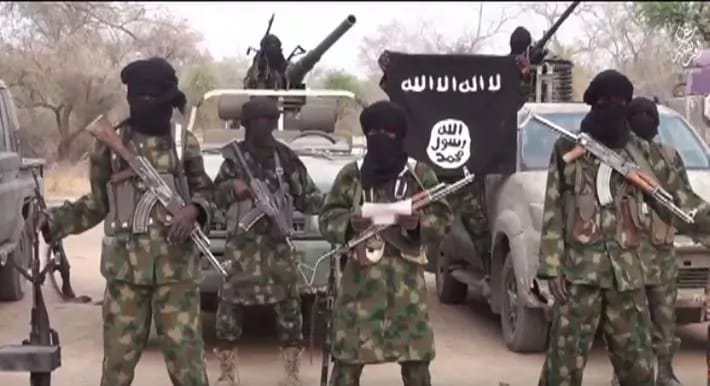Nigeria’s government is in talks with Islamist militant group Boko Haram about a possible ceasefire, with the ultimate aim of securing a permanent cessation of hostilities, Information Minister Lai Mohammed said on Sunday.
It is the first time in years the government has said it is talking to Boko Haram about a ceasefire in an insurgency that has killed tens of thousands of people and ravaged the northeast of a country that has Africa’s biggest economy.
President Muhammadu Buhari’s government has, however, repeatedly said it is willing to hold talks with the group.
Boko Haram launched its insurgency in 2009, aiming to create an Islamic state. Its campaign has spread to the neighbouring countries of Chad, Cameroon and Niger but it has been severely weakened in the last few years due to regional military pressure, and has lost most of the territory it once held.
More than 2 million people have been displaced and the group has abducted thousands of others, including around 270 girls from a school in Chibok, Borno state, in 2014. The mass kidnapping sparked global outrage and a campaign to bring the girls back.
Mohammed made his statement in an email to Reuters outlining the background to the release of more than 100 schoolgirls freed last week by the group after being kidnapped on Feb. 19 from the northeastern town of Dapchi.
It was the biggest mass abduction since Chibok. Boko Haram fighters stunned Dapchi’s residents on Wednesday when they drove into the town and released the girls, who said five of their group had died in captivity and one had not been freed.
“Unknown to many, we have been in wider cessation-of-hostility talks with the insurgents for some time now,” said Mohammed. “We were able to leverage on the wider talks when the Dapchi girls were abducted.”
“The ultimate aim is the permanent cessation of hostilities,” he later told Reuters by telephone.
Mohammed said a week-long ceasefire, starting on March 19, had been agreed to enable the group to drop off the girls. Mohammed said 111 girls were taken from the school – one more than previously thought – and six remained unaccounted for.
Security is a political issue ahead of an election next February. Buhari, a 75-year-old former military ruler, has in the last few weeks toured areas hit by security problems, but has not said if he will seek re-election. (Reuters)














